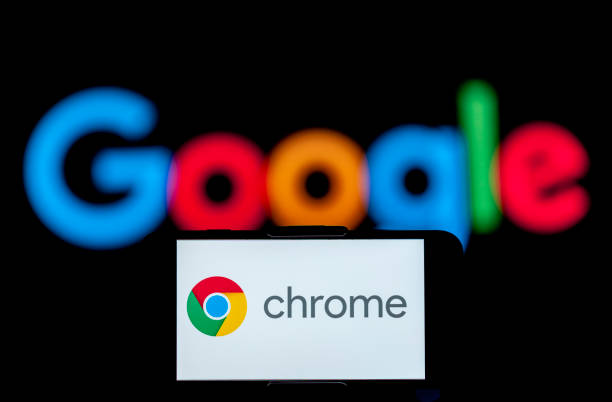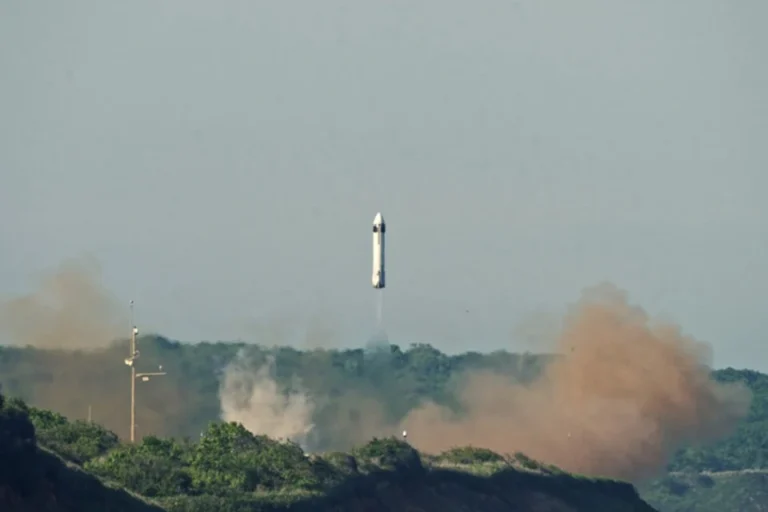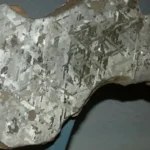DeepSeek Stole from OpenAI… Which OpenAI Rightfully Stole?

Did DeepSeek Steal OpenAI’s Data? Unpacking the AI Distillation Controversy
Well, imagine this wild ride in the AI world! So, OpenAI, the cool AI research gang, is all fired up because DeepSeek, this Chinese AI startup, allegedly swiped their super-secret data to make a rival AI. Cue the drama! Now everyone’s debating who owns what in the AI universe. It’s like a tech soap opera with copyrights and ethics duking it out.
Understanding AI Model Distillation
Imagine you have a really smart teacher who knows everything about math, science, and history. Learning everything on your own from books would take a very long time. But if your teacher explains things to you in a simple way, you can learn much faster!
AI distillation works the same way. Instead of building a brand-new AI from scratch (which is super expensive and takes a lot of time), a smaller AI “student” learns from a bigger AI “teacher.” The student AI watches how the teacher answers questions and tries to copy its way of thinking. This helps the student AI become smart without having to go through all the hard work the teacher did to learn.
This method is usually used to make AI faster and more efficient. But if someone does this without permission like copying a friend’s homework instead of doing their own it can become a big problem!.

The Allegations Against DeepSeek
OpenAI contends that DeepSeek employed unauthorized means to extract data from its models, particularly through a method known as “distillation.” This process, as alleged, involved DeepSeek’s model learning from the outputs of OpenAI’s systems, effectively absorbing OpenAI’s knowledge without permission. Such actions, if true, would constitute a breach of OpenAI’s terms of service, which prohibit the replication of its services or the use of its outputs to develop competing models.
DeepSeek’s R1 Model: A Technological Leap
DeepSeek’s introduction of its R1 model has been noteworthy, claiming performance on par with leading AI systems but developed at a fraction of the cost. Reports indicate that DeepSeek trained its V3 model using only 2,048 Nvidia H800 graphics cards and a budget of $5.6 million a stark contrast to the substantial investments made by industry giants like OpenAI and Google. This cost-efficiency and rapid development have raised questions about the methods DeepSeek employed, including potential reliance on outputs from OpenAI’s GPT-4 model.

Investigations and Evidence
Microsoft, a significant investor in OpenAI, detected unusual activities in the autumn of 2024, involving unauthorized data extraction through OpenAI’s API. These activities were traced back to individuals potentially linked to DeepSeek. The collaboration between OpenAI and Microsoft aims to investigate these potential violations, focusing on whether DeepSeek’s actions constitute a breach of OpenAI’s terms of service and IP rights.
Industry and Government Reactions
The allegations have elicited strong reactions from both industry leaders and government officials. Concerns center around the potential theft of IP and its broader implications for AI innovation and national security. David Sacks, President Donald Trump’s top AI adviser, has expressed alarm over the situation, emphasizing the need for stringent measures to protect U.S. technological advancements. Such incidents underscore the vulnerabilities in AI development and the necessity for robust protective frameworks.
Challenges in Preventing Unauthorized Distillation
Preventing unauthorized distillation presents several challenges. Detecting data scraping activities, especially when they involve minimal traffic, is technically demanding. The prevalence of open-source models adds another layer of complexity, as they can be accessed and utilized in ways that are difficult to monitor. Companies must adopt advanced security measures and continuously update their protocols to safeguard their AI assets effectively.





